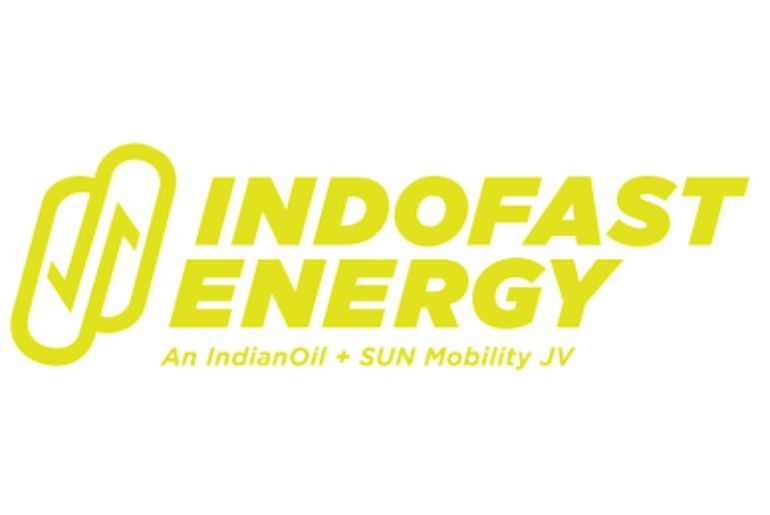Indofast Energy, a leading provider of battery-swapping solutions for electric vehicles (EVs), has successfully commissioned its 1,000th battery swap station, marking a major milestone in India’s EV infrastructure expansion. The latest station is located at Mumbai’s Lokmanya Tilak Terminus Railway Station, reflecting the company’s rapid nationwide growth.
Building on this momentum, Indofast Energy aims to deploy 2,750 swap stations and support 150,000 vehicles by March 2026. The company plans to enter five new cities—Chennai, Mumbai, Jaipur, Pune, and Agra—while strengthening its presence in established markets like Delhi NCR, Hyderabad, and Bangalore. Over the next three years, Indofast Energy expects to establish 10,000 swapping points across more than 40 Indian cities.
To date, the network has facilitated over 39 million battery swaps, enabling more than 50,000 electric vehicles to travel over 1.06 billion kilometres, equivalent to circling the Earth more than 26,000 times. This initiative has helped avoid approximately 55,000 metric tonnes of CO₂ emissions, highlighting its environmental impact.
Indofast Energy’s battery-swapping ecosystem supports nearly 78,000 livelihoods, providing fleet operators with minimal downtime, reduced operating costs, and seamless round-the-clock delivery operations. The two-minute swap time allows riders to complete more orders and increase daily earnings, driving adoption primarily in B2B delivery fleets. An increasing number of riders are also purchasing their own EVs instead of relying solely on fleet operators.
The company has partnered with vehicle partners including Zypp, Omega Seiki Mobility, Shadowfax, Triev, Wickedride, Green Drive, Eveez, Hala Mobility, Rapido, Whizz, Bluwheelz, and Loadshare. Infrastructure collaborations include IOCL, Indian Railways, BESCOM, DTL, BRPL, BYPL, STATIQ, Power Pod, BMRCL, MMRC, and HMR, creating direct jobs and supporting small business owners in transitioning to sustainable electric mobility solutions.
Indofast Energy’s rapid expansion demonstrates India’s commitment to scaling EV infrastructure, facilitating cleaner, cost-effective mobility while driving economic opportunities for thousands of workers nationwide.

